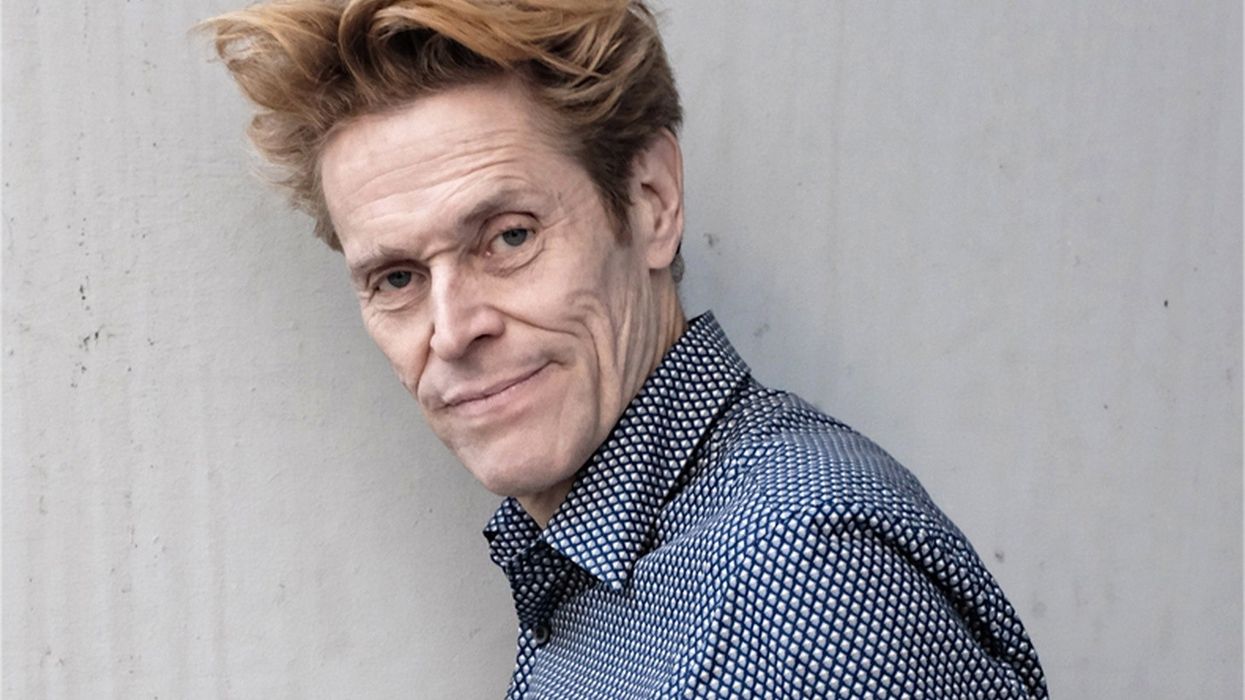What Does Willem Dafoe Say Is the Difference Between Cinema and TV?
What makes cinema different from TV? A world-class actor weighs in.

As creative forces in the world, we have to figure out how to best get our voices and stories to audiences. That means when you sit down to write or choose something to direct or act in, you need to figure out the medium you're pursuing. Inevitably, the question comes down to TV or film. So what's the difference between them?
Recently, Indiewire posed this question to actor Willem Dafoe, and here's his answer.
"The definition between those two gets a little fuzzy, but the one thing that remains pretty consistent is stuff that’s narrative-based—where it’s based on writers and characters—that’s for TV. While I think cinema can do very well with those things, it can also go beyond that. It can bend time and deal with image, sound, color, all those poetic properties that are harder to define. I think that’s the distinction between how cinema and television is made. It has nothing to do with how it’s shot. It’s the attitude. I’ve done very little television, but they’re run by showrunners and change directors. I remain very much a person who loves to give myself to a director, doing their bidding or inhabiting what they need me to do. That’s freedom for me, service for me, enjoyment for me."
I think this is a beautiful and really intricate look at what makes TV and cinema different. Cinema is about a communal experience that also is allowed to take chances or defy the form. When I think about TV, I still think about weekly plotlines that play out. Sure, there are exceptions like The Young Pope or the most recent season of Twin Peaks, but when you look at the core of each, they are episodic. Cinema is an attitude about putting it all out there at once, at giving the full piece of your artistic integrity.
When I think about cinema, I think about Daughter of the Dust or Tree of Life. They're bold and beautiful showcases of storytelling that bend the idea of what we think a movie can be.
What do you think of this quote?
Sound off in the comments.












